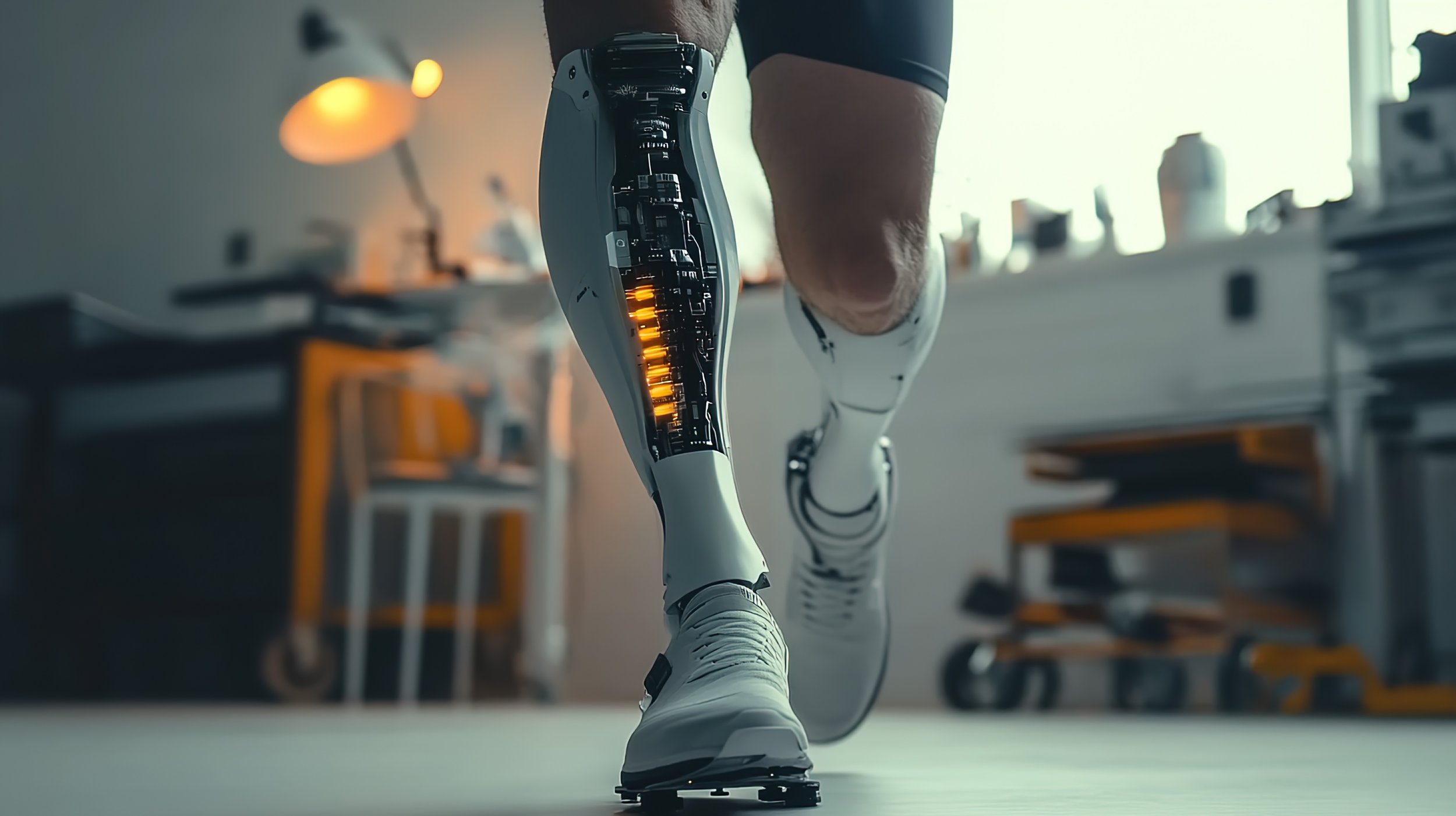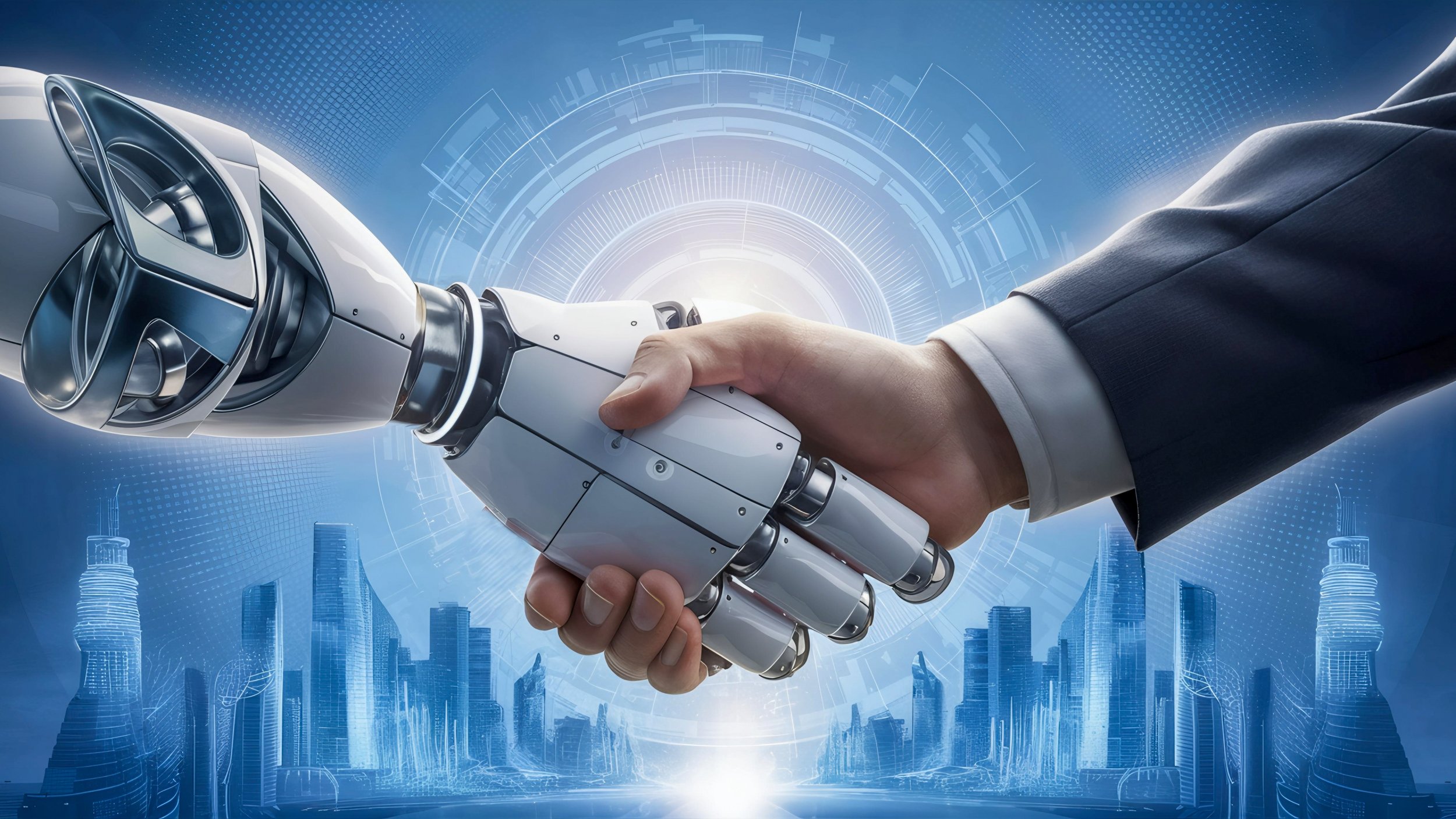
TechNews
Latest updates and insights on tech.
Bionic Prosthetic Innovation
Bionic prosthetics are transforming the future of mobility and independence for individuals with limb loss. This study explores key advancements in robotic systems that replicate natural movement and the importance of biocompatibility in achieving seamless human-machine integration. These innovations are redefining what’s possible, empowering users to lead active, fulfilling lives with greater confidence and capability.
AI in Creative Automation
Artificial intelligence is revolutionizing creative workflows—generating visuals, music, and copy with increasing sophistication. While boosting efficiency, these tools raise questions about originality and artistic integrity. The path forward lies in human-AI collaboration, where technology amplifies rather than replaces creativity, fostering new expression while maintaining ethical standards.
Smart Home Integration
This piece examines the cutting-edge technologies powering next-generation smart homes, from adaptive AI systems to seamless IoT integration. Discover how modern homes optimize energy use and provide unprecedented security through biometric recognition and predictive maintenance. The article also looks ahead to emerging innovations that will redefine residential living in the years to come.
AI in Art
Artificial intelligence is revolutionizing creative industries, as algorithms now compose music and generate visual art that competes with human-made creations. This technological advancement raises significant questions about the essence of creativity while also democratizing artistic expression for non-traditional creators.
ML in Financial Fraud
Modern ML systems analyze transaction patterns and user behavior to flag potential fraud with greater accuracy than traditional rule-based approaches. While deep learning detects complex schemes, challenges like model interpretability and adversarial attacks drive innovation in explainable AI techniques. The field continues to evolve with hybrid models that strike a balance between detection speed and adaptability.
Emerging Cybersecurity Trends
Modern cyber defenses now integrate AI-driven threat hunting with blockchain-based data integrity systems, creating adaptive protection layers that enhance overall security. As IoT vulnerabilities multiply, these advanced systems prioritize real-time response capabilities—with 78% of enterprises now adopting some form of AI security tools, according to recent MITRE research.
Health Monitoring Wearables
Advanced biosensors and AI algorithms are pushing wearables into clinical-grade diagnostics, enabling non-invasive monitoring of biomarkers and vital signs with unprecedented accuracy. These devices now integrate multiple data streams to provide comprehensive real-time health assessments. While challenges remain in sensor reliability and data privacy, these innovations point toward a future of truly preventive healthcare.
Autonomous Vehicles: Future
AV technology combines cutting-edge sensors and AI to redefine transportation through enhanced safety and efficiency. Yet its adoption presents complex ethical questions about algorithmic decision-making in critical scenarios, alongside evolving regulatory frameworks. Addressing these challenges through cross-sector collaboration will determine how successfully this innovation transforms our roads.
AI in Insurance
Artificial Intelligence is revolutionizing the insurance industry by streamlining operations and enhancing customer experiences. This study examines how AI technologies, including machine learning, natural language processing, and predictive analytics, are transforming core functions such as underwriting, claims processing, and customer service. These advancements are making the industry more efficient, accurate, and responsive, redefining the future of insurance.
AI for Dynamic Content
Content creators are increasingly turning to artificial intelligence to streamline and enhance the content generation process. This study examines different approaches to leveraging AI, analyzing their effectiveness and implications. It offers insights into how these technologies can enhance creativity and efficiency, while also addressing the challenges that arise from integrating AI into content workflows.
AI in Virtual Collaboration
Integrating AI and machine learning into virtual collaboration is revolutionizing how distributed teams collaborate. This study uses a mixed-methods approach to assess the impact of AI-driven tools on communication, workflow efficiency, and overall user experience. The findings highlight how these technologies support real-time interaction, simplify task management, and enhance decision-making—ultimately boosting productivity and fostering innovation across organizations.










